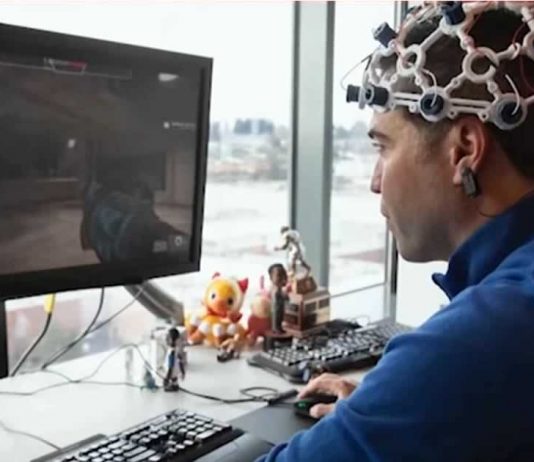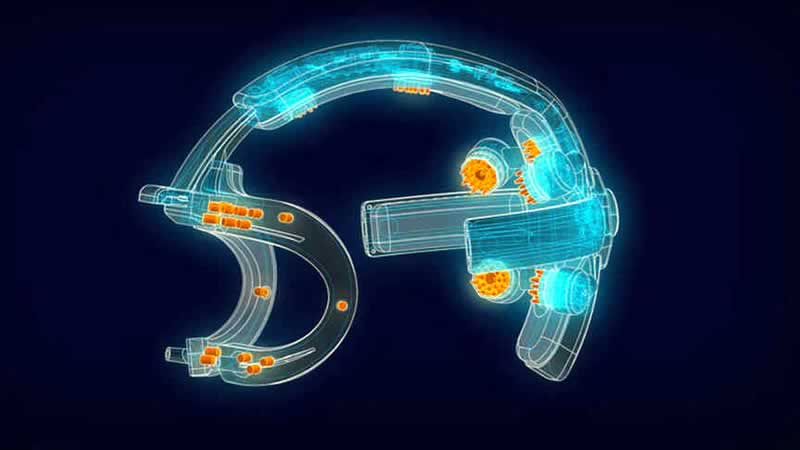Think about how it will be instead of playing with a keyboard and mouse set or a controller; we could actually control games directly with the brain. It is the idea that Gabe Newell, founder of Valve, has raised. Newell is most famous for being behind one of the most acclaimed sagas in the video game industry, Half-Life.
In the future, the next Half-Life may need a device that we connect directly to the brain. That is the possibility that Newell has raised in an interview for New Zealand television, at the same time that he confesses that it is an idea more typical of a science fiction film.
However, he also warns that ignoring this possible future would be a “silly mistake.” That is why it has been revealed that Valve is working on brain-computer interfaces (BCI) research. And as part of this interest, it is developing open-source software that allows developers to experiment with signals from human brains.
The great difficulty of controlling devices with the mind has always been in the ‘translation’, in interpreting brain waves in the context of the action to execute it. Considering that we still do not fully know how our brain works, it is somewhat complicated.
Therefore, initially, the Valve software will only be able to detect if the player is enjoying what they are doing in the game. Then the information that can be used to change the gameplay towards something better adapted to each person.
One possible use would be a game that is too easy for the player; in that case, the program would be able to detect it and increase the difficulty automatically. In a format where the difficulty can destroy the experience, it can be a fascinating application.
However, that would only be the beginning. Newell envisions a future where we don’t have to rely on our “meat peripherals,” a somewhat gross way of calling our hands. But for this, it would be necessary not only to read minds but also to control brains.
A device capable of changing the way we see things can offer new experiences, according to Newell. It can change a “flat, colorless, fuzzy” world for one that is bright, colorful, and exciting. It could also help us improve our lives by facilitating sleep and activating REM.
Words that seem somewhat dangerous, as if countless stories had warned us about them; And Newell admits the risks, especially since this technology could also be misused and exploited, for example, by attackers who manage to send the right signals. In a joking way, he gives as an example that a person ends up “running naked in the forest” because they have been infected by a computer virus.
At the moment, the future envisioned by Newell is not reality, but others share that vision. Elon Musk is the most famous, having introduced last year the latest version of Neuralink, a device that allows you to control machines with your mind.



